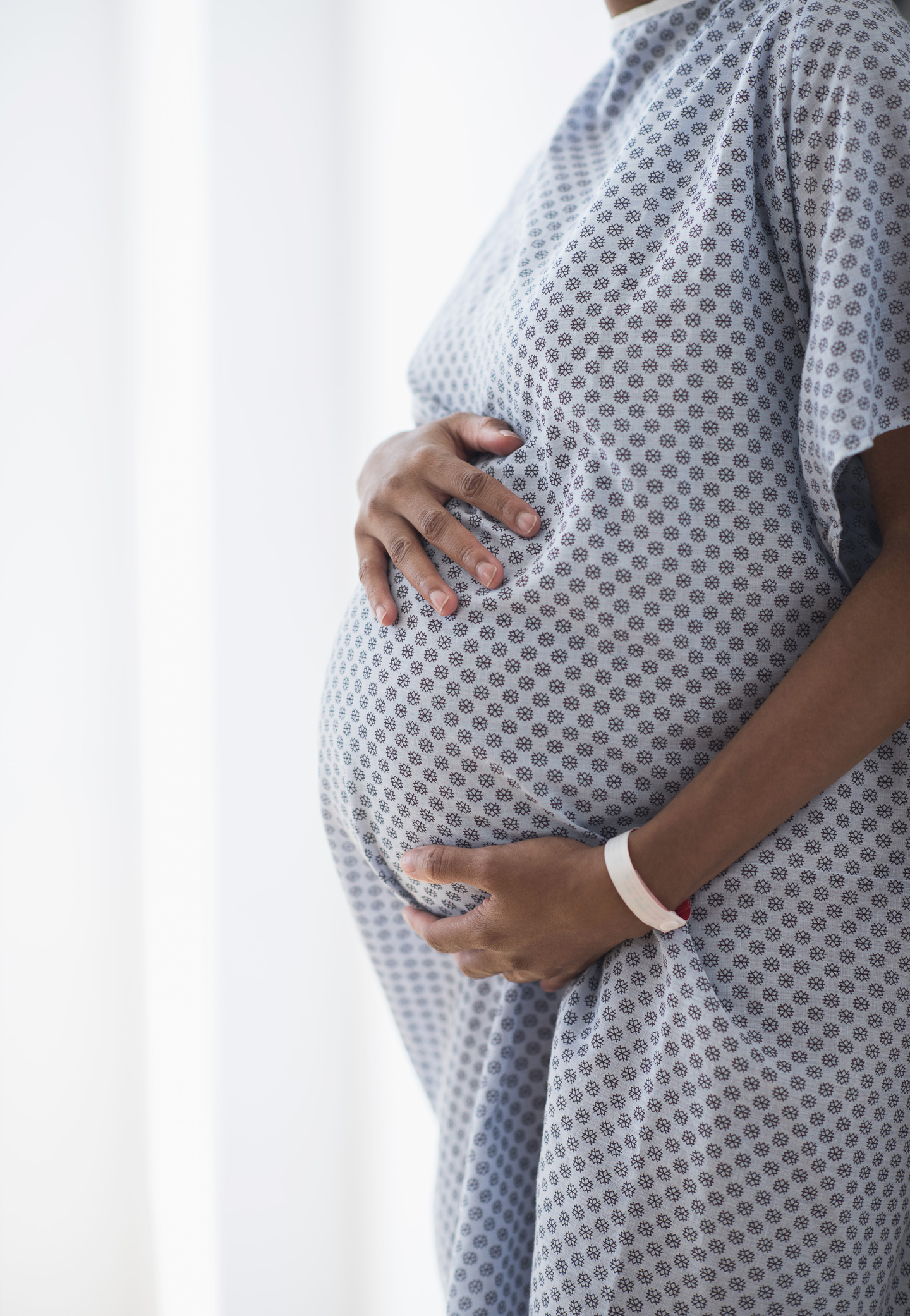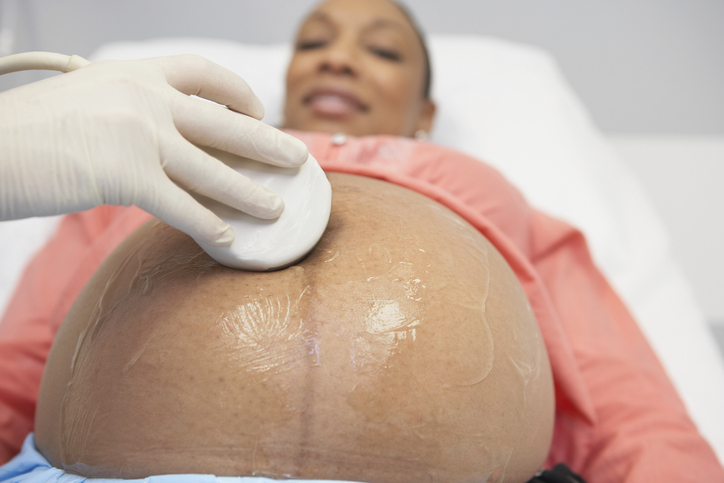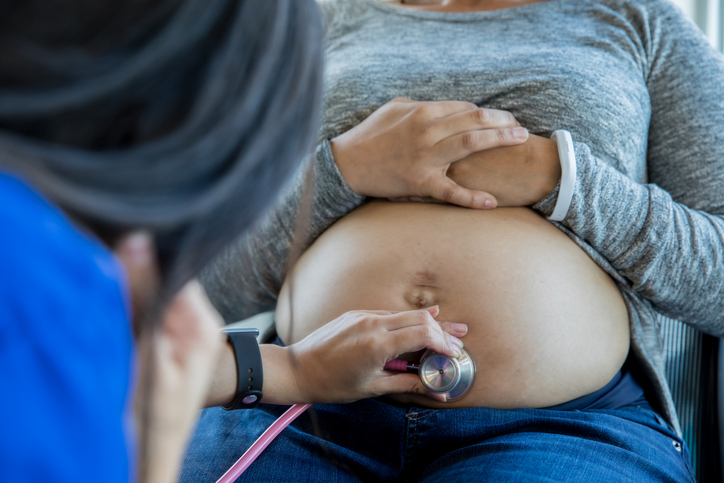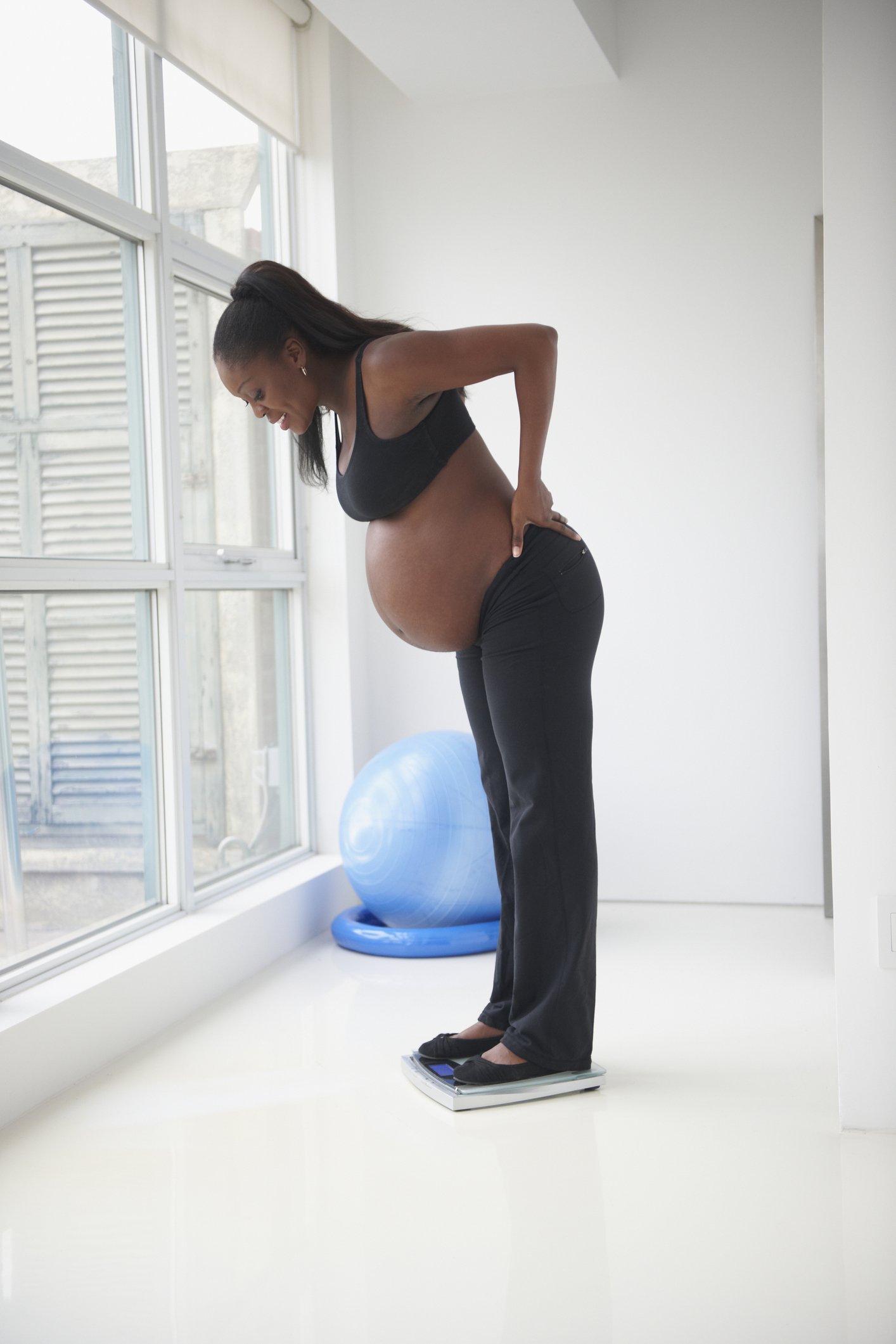The Risks And Sacrifices Women Make To Birth Children
The True Risks And Sacrifices Women Make To Birth Children
Share the post
Share this link via
Or copy link

Source: Jose Luis Pelaez Inc / Getty
In his recent ESPN documentary, D. Wade: Life Unexpected, retired basketball star Dwyane Wade opened up his wife Gabrielle Union and their emotional fertility journey. The couple, who had suffered multiple miscarriages before welcoming their 1-year-old daughter Kaavia James Wade via surrogate, sought out many different types of fertility treatments in hopes of carrying a pregnancy to term. At one point, Wade was concerned that he might lose his wife due to the riskiness of some of the procedures.
“I’m watching my wife go through a lot physically,” he recalled. “You’re sitting in with the doctors and they’re like, ‘You can do this and that but the risk of you surviving.’ It became a point where I was like, ‘Oh wait, now I might lose you in this process?’”
Union, like many women in this country, went to great lengths to bring life into the world. When the sacrifices of motherhood are discussed, people often think about life after the baby is born. However, the reality is that the selflessness exuded by mothers begins long before the delivery room. In some cases, they even begin before conception. Here are 10 risks women take and sacrifices they make to birth children.
Depression
Love MadameNoire? Get more! Join the MadameNoire Newsletter
We care about your data. See our privacy policy.
More than 3 million women are diagnosed with postpartum depression annually. Postpartum depression is defined by the Mayo Clinic as a “severe and long-lasting form of depression triggered by childbirth. Symptoms include but are not limited to feelings of hopelessness, anxiety and panic attacks, difficulty thinking clearly or making decisions, recurring thoughts of suicide, trouble bonding with your baby, and increased irritability and agitation. Additionally, there are some women who suffer a more severe and extreme mood disorder called postpartum psychosis.

Source: Ariel Skelley / Getty
Pregnancy loss
According to the March of Dimes, 10 to 15 percent of pregnancies end in miscarriage and 1 in 100 women suffer multiple miscarriages. It can be frightening and anxiety-inducing to carry a pregnancy to term after a miscarriage, but women put their fears aside and do it every day for the sake of bringing a new life into the world.

Source: JGI/Tom Grill / Getty
Maternal mortality
Maternal death is defined by the World Health Organization as “the death of a woman while pregnant or within 42 days of termination of pregnancy, irrespective of the duration and site of the pregnancy, from any cause related to or aggravated by the pregnancy or its management but not from accidental or incidental causes.” Over 700 women die in the United States as a result of pregnancy-related complications and two-thirds of those deaths are preventable. Black women are 2 to 6 times more likely to die from childbirth-related complications.

Source: ER Productions Limited / Getty
Risky procedures
In his recent ESPN documentary, Dwyane Wade shared that he feared he would lose his wife, Gabrielle Union, as a result of risky fertility procedures. Like many couples who struggle to conceive naturally, the Wades went to great lengths to birth a child — some of which pose potential a potential threat to the life and health of the mother.

Source: Courtney Hale / Getty
Preeclampsia
Preeclampsia is defined by the Mayo Clinic as “a pregnancy complication characterized by high blood pressure and signs of damage to another organ system, most often the liver and kidneys.” Preeclampsia has the potential to lead to fatal complications for both a mother and her baby.

Source: Jose Luis Pelaez Inc / Getty
Gestational diabetes
Gestational diabetes is a form of diabetes that causes dangerously high blood sugar levels in pregnant women. It begins to develop in some expectant mothers mid-pregnancy and doesn’t usually cause symptoms. In some cases, gestational diabetes can pose a deadly threat to both a mother and her unborn child.

Source: JGI/Tom Grill / Getty
Long-term bed rest
Some expectant mothers are placed on long-term bed rest when faced with conditions such as high blood pressure, vaginal bleeding, placenta previa, preterm labor, and cervical insufficiency. Bed rest can last weeks or months.

Source: LWA/Dann Tardif / Getty
Weight gain
During pregnancy, some women gain as much as 40 pounds. The added weight can cause significant wear and tear on an expectant mother’s back, bones and knees. Additionally, it can be challenging to take the weight off after the baby is born.

Source: izusek / Getty
Chronic morning sickness
Morning sickness is chronic nausea and vomiting that occur during pregnancy. For some, the condition only sticks around for the first 12 weeks. For others, it can last the entire pregnancy. Hypermesis
Related Tags
pregnancy






